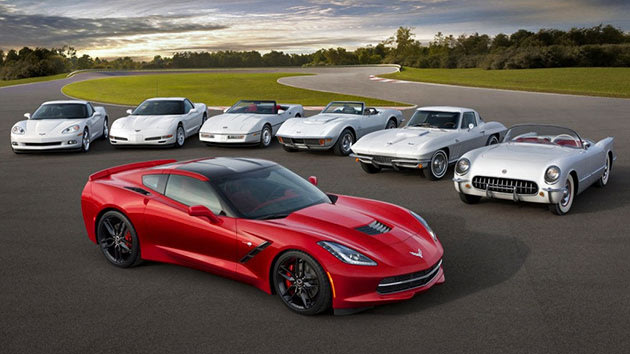Last year, New Jersey (along with four other states) infamously banned Tesla from selling the Model S inside of the state. The ban was put in place because Tesla Motors sells it's vehicles directly to consumers out of their own show rooms.
"But what about that is illegal?"
It was opposed by car dealerships because car companies selling directly to consumers would destroy their business model, of buying from the company and then selling to consumers for a profit. Thats right; an outdated group of business owners lobbied against Tesla from breaking through their monopoly on car sales.
Elon Musk posted on Tesla's official blog after the ban:
"On Tuesday, under pressure from the New Jersey auto dealer lobby to protect its monopoly, the New Jersey Motor Vehicle Commission, composed of political appointees of the Governor, ended your right to purchase vehicles at a manufacturer store within the state."
Thankfully the ban has been lifted, but for months it was true that New Jersey had "ended [the consumer's] right" to purchase an item that would be otherwise completely legal.
Do American consumers have the right to purchase what they want? Do American businesses have the right to sell whatever they want? At what point (if any) is it justifiable for the government to intervene?
I think intervention should only take place in the situation of danger to an American citizen. It most certainly should not be used to protect a monopoly.
Do you think American's have the "right" to purchase/sell what they want?













